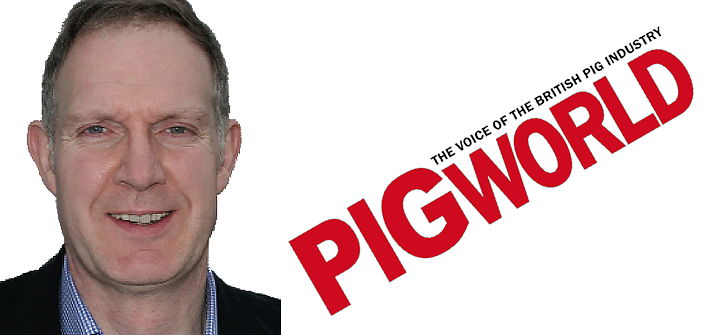It’s incredible what politicians will do in the pursuit of cheap fuel, but the news that emerged in August that the UK Government intended forcing local authorities to fast-track slow-moving planning applications for fracking must count as one of the most cynical yet.
The prospect of easy revenue for the Treasury and a short-term economic boost from cheaper fuel prices to industry may be appealing to an administration with a huge – and still growing – deficit to deal with, but when the jury is still out on the safety and environmental effects of hydraulically fracturing rocks to release shale gas, that’s quite a risky strategy.
Contrast that with the pig industry, where there issues are well known, well documented and well regulated. Here, there are also major problems with planning applications, but no sign of any Government intervention to help sort that out.
If the Conservative administration wants to prove that it’s as big a supporter of British food and farming as it makes out, then one easy step towards that might be giving farmers access to fast-track planning decisions – although whether that’s a fair description for a process that delivers a decision within the normally expected time-frame is a point that could also be debated.
Food security and fuel security are two of the biggest issues facing any government, so they deserve equal treatment.
You could go further and argue that fracking has no place in the fuel security debate; it’s a short-term fix with a non-renewable resource. Pig production, however, has a vital role to play in the future food supply of the planet. Along with chicken, it represents one of the more efficient and sustainable sources of meat protein for a hungry world.
Meanwhile, Northern Ireland pig producer David Hall has announced he will scale back his plans for a new 30,000-pig unit on a greenfield site at Newtonabbey. Although there has been word as yet on the new scale of production.
It’s understood that the changes are being made to address concerns expressed by the Department of the Environment, so it must be presumed that the revised plans will have a clean bill of health on that front.
That just leaves the planners to make their decision, but that isn’t likely to be until the end of this year at the earliest because the revised application means starting the process all over again.
That means the new plans will have to be advertised again and a new consultation process will start!
Antrim & Newtownabbey Council must be thrilled at the prospect of a repeat of the 850 letters of opposition and the email petitions that are said to have totalled 200,000 signatures.
Unfortunately, Friends of the Earth is unimpressed.
“Scaling down the proposal from a mega factory to a giant factory doesn’t disguise the fundamental problems associated with this type of farming project,” it said.




